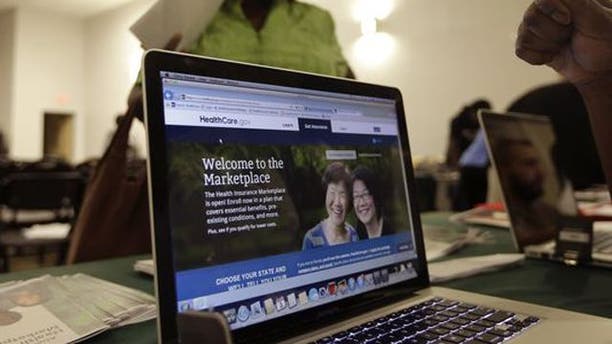Those of us who complain that the Prop 30 revenues are temporary are often told two things. First, that temporary taxes make the most political sense. Second, that the revenues will be made permanent, perhaps in 2016.
But the structure of the Prop 30 taxes has a little-discussed political problem that will make it harder to make them permanent – or replace them with something that produces the additional billions California needs.
That problem? The Prop 30 temporary taxes have no cliff.
That’s right – cliff as in the famous/infamous federal fiscal cliff. Those were the tax cuts that expired at the beginning of the year, creating the threat of massive tax hikes and spend cuts. Such cliffs are bad policy, but they are good politics, in that they create political moments with urgency, and create the opportunity for action. After a painful negotiation and crisis, a deal was reached.
Prop 30 is better policy than the federal tax and spending policy that created the fiscal cliff. It doesn’t create a cliff. But for the same reason, it’s bad politics.
Its tax hikes don’t expire all at the same time – they peter out over a couple of years. First the state sales tax hike, of a quarter cent, goes away in 2016. Then the income tax increases on high earners depart in 2018.
That’s good in that you don’t see an immediate steep drop-off in revenues. But it’s also bad for the same reason. There’s no clear moment when the governor or others could go to voters and say – We’re about to go off a cliff if you don’t make these taxes permanent, or replace them with better taxes that replace or augment those revenues. (Indeed, Prop 30 itself passed in part because we had gone off a revenue cliff that came with the expiration of 2009’s temporary tax increases; the fear, and reality, of more cuts drove support for the measure.)
All this makes it more likely that the additional revenues of Prop 30 aren’t here to stay. It’s another reason why 30, celebrated as governance salvation, doesn’t deal with the state’s problems. In time, those who believe the state needs to reinvest in schools, higher education and infrastructure will come to rue its passage.
 Obama administration officials said Saturday they were "on track" to have the problematic ObamaCare website running smoothly by their self-imposed Nov. 30 deadline.
Obama administration officials said Saturday they were "on track" to have the problematic ObamaCare website running smoothly by their self-imposed Nov. 30 deadline.








